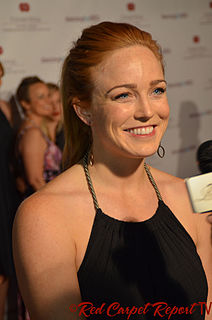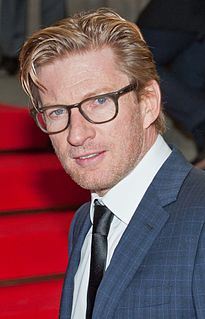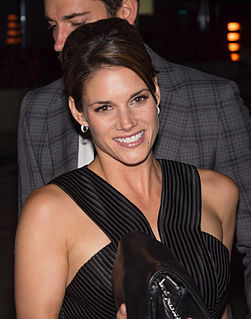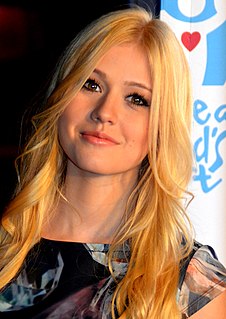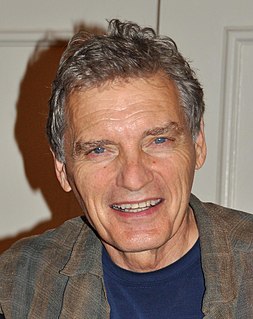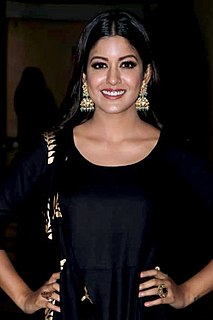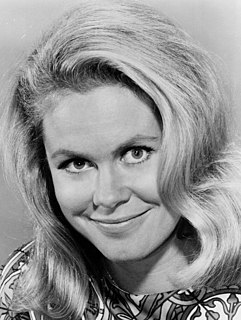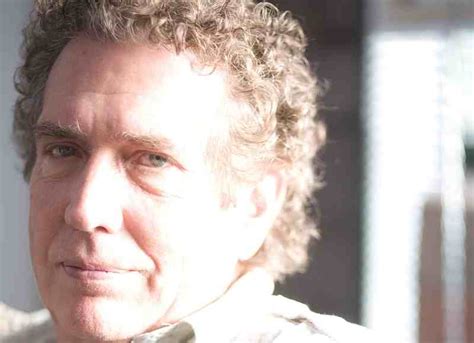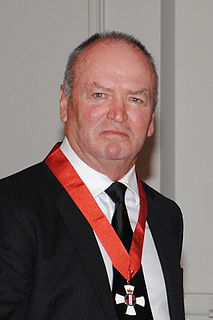A Quote by Caity Lotz
I had no idea what I was signing up for. I auditioned for some random character. I knew the sides were fake, but what they were trying to capture was an emotional toughness and a woundedness. I knew I liked the character. I didn't know who the character was, but I liked the spirit of the character.
Related Quotes
There's different ways of getting into character. There's what's called 'the outside,' in which is finding the physicality of the character first. To give an example, in 'Gettin' Square' - Johnny Spitieri - that's how I found that character. I knew those people that I'd seen up at Kings Cross. I knew how they sounded.
A woman can be demure, lady-like and the most prim and proper character, and still have a toughness and resiliency as apparent as a superhero-type female character or a warrior or soldier type. It's all about the story, the character, and the course of events in that piece of work and how that character is presented.
If you do a black character or a female character or an Asian character, then they aren't just that character. They represent that race or that sex, and they can't be interesting because everything they do has to represent an entire block of people. You know, Superman isn't all white people and neither is Lex Luthor. We knew we had to present a range of characters within each ethnic group, which means that we couldn't do just one book. We had to do a series of books and we had to present a view of the world that's wider than the world we've seen before.
It makes it easier, if you can't do an American accent. I don't know. It's different. I played a character in Never Let Me Go where the script for my character was very sparse, and I enjoyed it. With Never Let Me Go, I had a whole book written from my character's point of view, so I always knew where I was. But, with Ryan [Gosling], it was just easy. He's such a brilliant actor and he is so prepared. He doesn't have to warm himself up to be in a scene. He's just in it. It draws you in, in a way.
